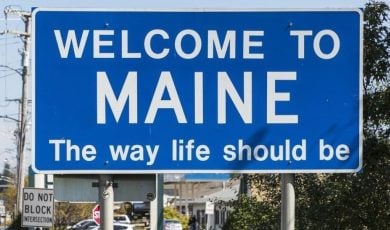State of Play
- Massachusetts legislators are debating the legalization of internet gaming, aiming to regulate and expand the state’s gambling options responsibly.
- One proposal would allow existing casinos to offer Massachusetts online casinos while addressing concerns over addiction and economic impacts, marking a potential new era for the state’s gaming industry.
Former Massachusetts state Rep. David Nangle recently spoke before a legislative committee, sharing his personal struggles with gambling addiction to oppose a bill proposing the legalization of internet gaming.
Despite his concerns, Rep. David Muradian Jr. introduced House Bill 4431 to establish a regulated framework for online casinos. The bill would permit the state’s three casinos – Plainridge Park, MGM Springfield, and Encore Boston Harbor – to operate three online gambling brands each, with oversight by the Massachusetts Gaming Commission.
This move aims to bring real-money online casinos under legal and regulatory control, addressing the risks associated with unregulated sites and providing consumers with protections such as age verification and responsible gaming measures.
Contrasting views on online casinos
The debate highlights contrasting views on the impact of online gambling legalization.
Supporters argue that it protects consumers by regulating an activity that is already occurring illegally, generating significant state revenue through a 15% tax on iGaming revenue. Industry experts estimate annual revenue between $170 million and $200 million, citing successful models such as New Jersey’s robust online gambling market.
Critics, including addiction advocates, industry watchdogs, and retail casino operators in the state like Wynn, warn of social costs such as increased gambling addiction rates and economic cannibalization of physical casinos. They caution about potential job losses and increased social service burdens, underscoring the complexity of balancing expansion with public welfare.
It’s up to lawmakers to strike a balance between economic benefits and social risks. The bill faces scrutiny over regulatory details, taxation levels, and public health concerns. Expect further debate and amendments before a possible vote on the proposal.
Based on reporting by Katie Castellani for the Lowell Sun.









